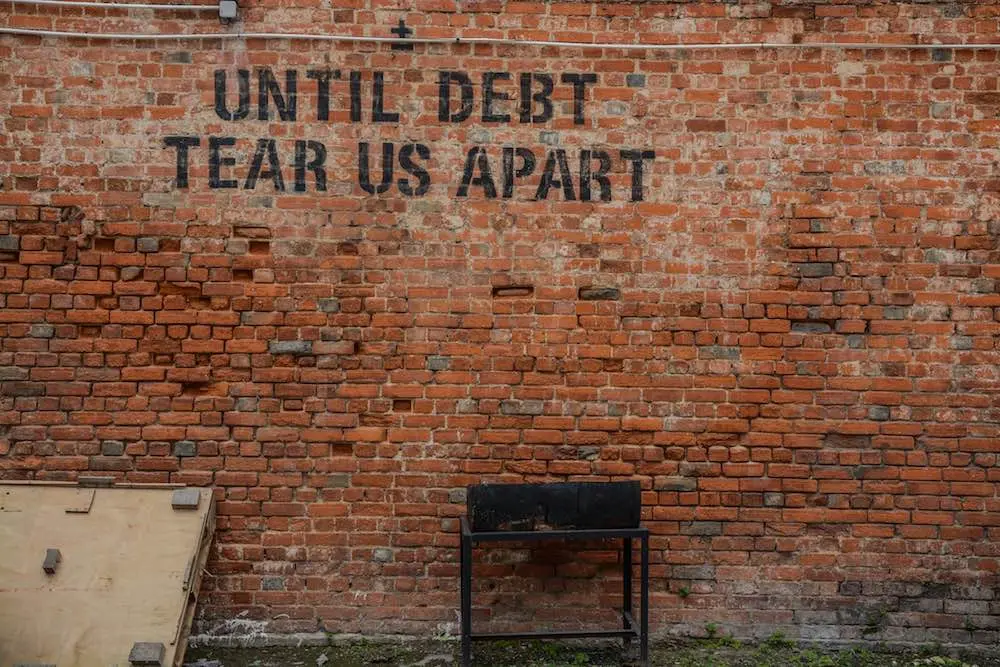The music industry has a debt problem

Are the majors in financial trouble? That depends on your definition of “trouble,” but let’s leave that for another day. I’m referring to a different kind of debt.
Ward Cunningham originally developed the concept of technical debt in 1992 to describe the inevitable fallout from making poor choices or inadequate investment in software architecture and code. These days, it’s taken on a somewhat looser definition, but the essence remains: if you don’t invest in understanding and building the technology necessary to deliver on your business’s promises, you’ll pay. Often dearly.
This brings us back to the music industry.
Music and tech—forever intertwined Permalink
Making any argument against the music business’ future dependence on technology is a fool’s errand. Software is eating the world, and the entertainment business was its appetizer. At the same time, those saying the majors should simply lay down and cede control to Silicon Valley are equally misguided.
The future of music is a two-party system: artists and fans. Technology is the medium by which we may find ways to reach common goals. The rest—doing the business of music—is up for grabs.
What once was manufactured is now distributed Permalink
Using technology they don’t own and few deeply understand, the means of distribution have shifted out of the majors’ control. This much we know. As rights-holders, they still have a great deal of power, but so does a kid with the keys to his dad’s Mustang. Both will end up in a ditch if they can’t see the road.
How many streams does it take to equal one download? What is the sound of one hand clapping? In both cases, answers vary greatly, and clinging to an answer means we miss what really matters: the opportunity for transformation.
As Google’s Tim Quirk (a recording artist himself) recently admonished, “don’t fetishize the past.” Rather than retrofit the glory days to work in a digital world, show me the majors’ bold experiments. Where is the transformation?
It’s time to declare bankruptcy Permalink
Digitalmusic.org and a handful of smaller groups are hard at work tackling tough issues, but real change requires significantly more effort and openness from stakeholders. In the industry’s centers of gravity, NYC, LA and—perhaps most notably—here in Nashville, it’s business as usual. I’ve participated in the last two Music Startup Academy events in Nashville, and I saw the majors deliver the same slides to startups both times.
They went a little something like this: kneel before the king. This is not how you kick-start innovation.
Sure, there are experiments being run on the lower floors of the major labels and publishers and PROs, but it’s slow, incremental change. It’s too little too late. What’s needed is a clean slate.
Platforms and partnerships Permalink
What do I think is the way forward for the majors?
Re-imagine how rights-holders offer and license content as a platform.
Create and publish APIs. Try different consumption and pricing models. Create clear rules and accept all comers (e.g. startups) who want to build on your platform. Experiment, learn, iterate. Invest heavily in new technology, not just to protect, but to grow.
Learn to become true partners, both to artists and to those who connect them with their fans in meaningful, sustainable ways.
Partnership means sharing risk and reward in the joint pursuit of a greater goal than one could achieve alone. It’s not feel-good talk. It’s just smart business, particularly when you’ve failed repeatedly to reach the goal on your own.
These transformations both require deep cultural shifts, and are challenging to digest and turn into action. But they beat the alternative.